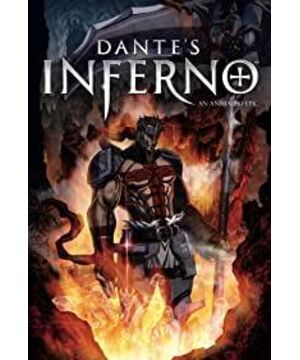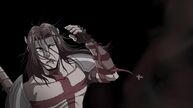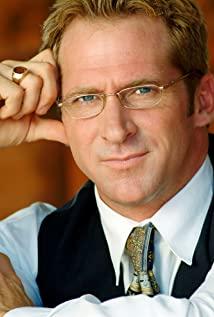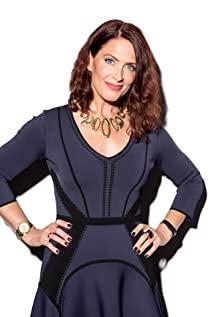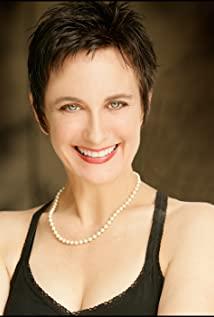There is another kind of books that invite people to be kind. They don't talk about the value of kindness. Instead, they use some ugly images to discount tragic or desolateness through contrast and contrast, so that the brand of kindness is permanently etched in the readers' minds. Dante’s "Divine Comedy: Hell" is an example. From Karon to Lucifer, a big-name god of God is ravaging batches of ghosts who committed serious crimes with extreme cruel punishments. Readers seem to follow in the footsteps of Dante and Virgil, traversing mountains and ravines, and witnessing scenes of shocking scenes. The seven deadly sins have become a lifetime alarm. In the movie "Dante's Journey to Hell", Dante and Virgil no longer only appear as observers, but directly participate in the suffering of the undead, and get out of hell through desperate struggles. This undoubtedly adds another tragic color. The ghost of suffering is not limited to the characters in the original book, even Dante’s relatives have also joined it: Beatrice is no longer an unattainable saint, she was unmarried on the night of the Crusade, and Ding steals the forbidden fruit. Dante saw the unfortunate child who died in limbo, and before he had time to grieve, he encountered his father on the fourth floor of hell. The greedy father reached an agreement with Lucifer: If he kills his son, Lucifer can give him a lot of gold coins and reduce his punishment for a thousand years. With an extremely ambivalent mood, Dante fought fiercely with his father, and finally kicked him into a vat of boiling golden water. And on the seventh floor of the hell where the perpetrators were held, Dante saw the undead who should not appear-the kind mother. She finally chose to commit suicide because she could not bear the abuse of her husband. Suicide is violent against herself and belongs to the original sin. Kind of. What's more, Dante himself committed adultery during the Crusades, which almost prevented Beatrice from getting out of hell.
Are the examples around Dante really more influential than the celebrities in the original book? Obviously not. The director didn't know that compared with the joys and sorrows handed down, any individual story seemed so ordinary. However, we always pour more joys and sorrows into our stories. For everyone, their own love twists and turns are more thrilling than Romeo, and their own sufferings are more teary than Oedipus. The reason is simple, because we are not Romeo, not Oedipus, but ourselves.
Using examples around you, especially those good men and women who shouldn't endure in hell, not only serves to set off the image of tragedy, but it is also a powerful attack on reality. The director's idea is also consistent with the original intent of "The Divine Comedy". Dante lived in the late Middle Ages. Although the sparks of Renaissance and intellectual enlightenment have been ignited, they have not yet formed a prairie fire, and the dark and brutal ideological imprisonment continues. "The Divine Comedy" seems to be a mental journey in line with the purpose of the Holy See, but after careful reading, I feel that the characters that Dante has picked contain sympathy or allegory. For example, the banker Chaco is a well-known person who is "good conversation and easy-going", and Dante and poet Frese Donati called "the big three of eating, drinking and having fun", and throwing him into hell on charges of gluttony, reflecting Now people’s hatred of wealth is the "jealous she-wolf" at work; the eternal poets Homer, Virgil, Horace, Ovid, the great philosophers Socrates, Plato, Democritus, Thales, Heraclitus, Zeno, Euclid, Ptolemy, Hippocrates, Epicurus, etc. were placed in hell. Doesn't it mean that the dark Middle Ages killed reason and philosophy? Saladin, the great king with outstanding military exploits, was charged with only believing in Islam during his lifetime. Frederick II, the founder of the "Sicilian School of Poetry", has the same fate. Does this reflect Christianity's rejection of other denominations?
View more about Dante's Inferno: An Animated Epic reviews


